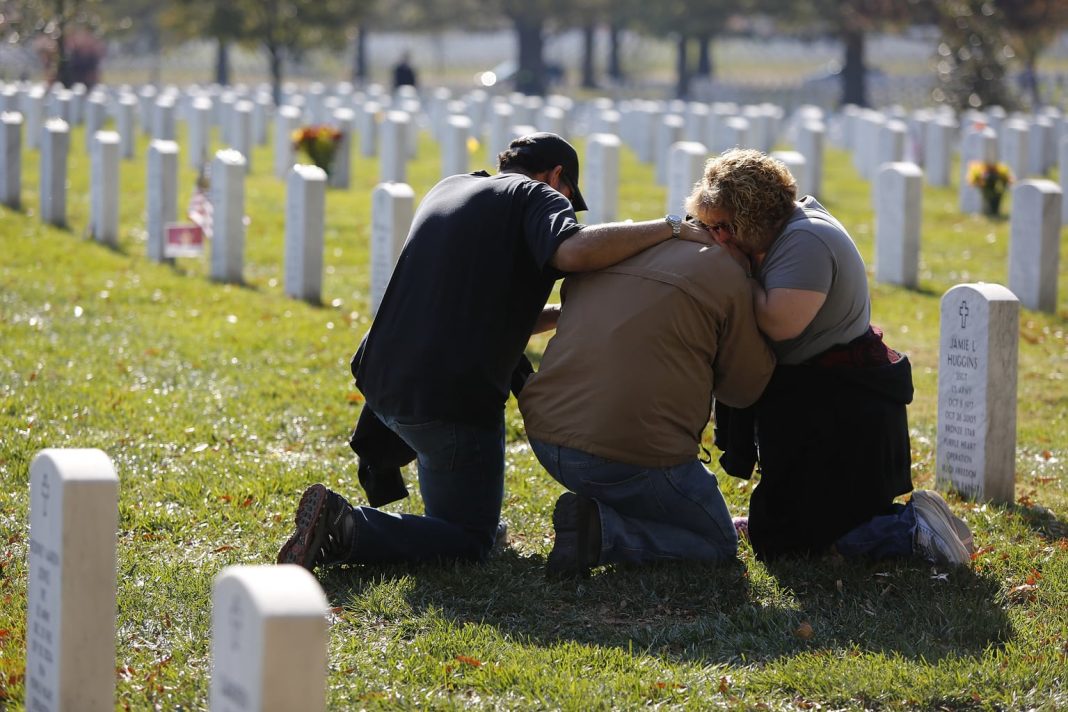Losing a loved one is a profoundly life-altering experience. The emotional weight can feel overwhelming, and navigating the aftermath often presents challenges that touch every aspect of life. While grief is deeply personal, there are steps you can take to help yourself cope, heal, and move forward with resilience.
1. Allow Yourself to Grieve
Grief is a natural response to loss, and it’s essential to honour your feelings. Whether you experience sadness, anger, guilt, or even relief, give yourself permission to feel without judgment. Grieving is not linear; it unfolds in waves and may resurface unexpectedly.
Avoid suppressing emotions or feeling pressured to “move on” quickly. Journaling, talking to a friend, or simply sitting with your feelings can help you process them over time.
2. Seek Support
You don’t have to face this journey alone. Reaching out to family, friends, or a trusted community can provide comfort and understanding. Talking about your loss can be cathartic and may help you feel less isolated.
If you find it difficult to share your feelings with those close to you, consider joining a support group. Connecting with others who have experienced similar losses can provide a sense of solidarity and practical guidance.
3. Take Care of Your Physical Health
Grief takes a toll on both mental and physical health. Ensure you’re eating nourishing meals, staying hydrated, and getting adequate rest. Even light physical activity, such as a short walk, can improve your mood and boost energy levels.
Avoid over-relying on substances like alcohol or caffeine, which can interfere with your emotional and physical recovery. Prioritising self-care helps you build the strength needed to cope with the demands of grief.
4. Honour Your Loved One
Finding ways to celebrate the life of the person you’ve lost can bring comfort and meaning. This could be through a memorial service, planting a tree in their honour, or creating a scrapbook of cherished memories.
Engaging in these activities helps you keep their memory alive while offering a sense of closure and purpose.
5. Set Boundaries and Pace Yourself
The world may continue at its usual pace, but you’re under no obligation to keep up. Grief is exhausting, and it’s okay to decline social invitations or step back from responsibilities that feel overwhelming.
Set realistic expectations for yourself, and don’t hesitate to communicate your needs to others. Giving yourself the space to process your emotions is a crucial part of healing.
6. Seek Professional Help
Grief can sometimes feel too heavy to manage alone. If you find yourself struggling with prolonged sadness, anxiety, or an inability to function in daily life, consider seeking help from a therapist or counsellor.
A professional can provide tools to process your emotions, manage stress, and navigate the complexities of loss. Grief therapy is particularly beneficial if your loss was sudden or traumatic.
7. Establish New Routines
After losing a loved one, the rhythms of daily life often feel disrupted. Establishing new routines can provide a sense of stability and normalcy, even if the routines are simple.
Whether it’s starting your day with a walk, taking up a new hobby, or dedicating time to journaling, these small actions can help you reclaim a sense of control and purpose.
8. Be Patient with Yourself
Grief has no timeline. Healing is a gradual process that unfolds differently for everyone. You may have good days followed by difficult ones, and that’s perfectly normal.
Be kind to yourself during this journey. Celebrate small victories, like making it through a challenging day, and allow yourself to rest when needed. Recognising your progress, no matter how small, can help you find strength to keep going.
Finding Your Way Forward
Losing a loved one is one of life’s most profound challenges, but it is also an opportunity to grow in resilience and compassion. By taking deliberate steps to care for yourself, seeking support, and honouring the memory of your loved one, you can navigate this difficult time with grace.
Remember, healing doesn’t mean forgetting. It means learning to carry the love and lessons of the person you’ve lost as you move forward into a new chapter of life.







